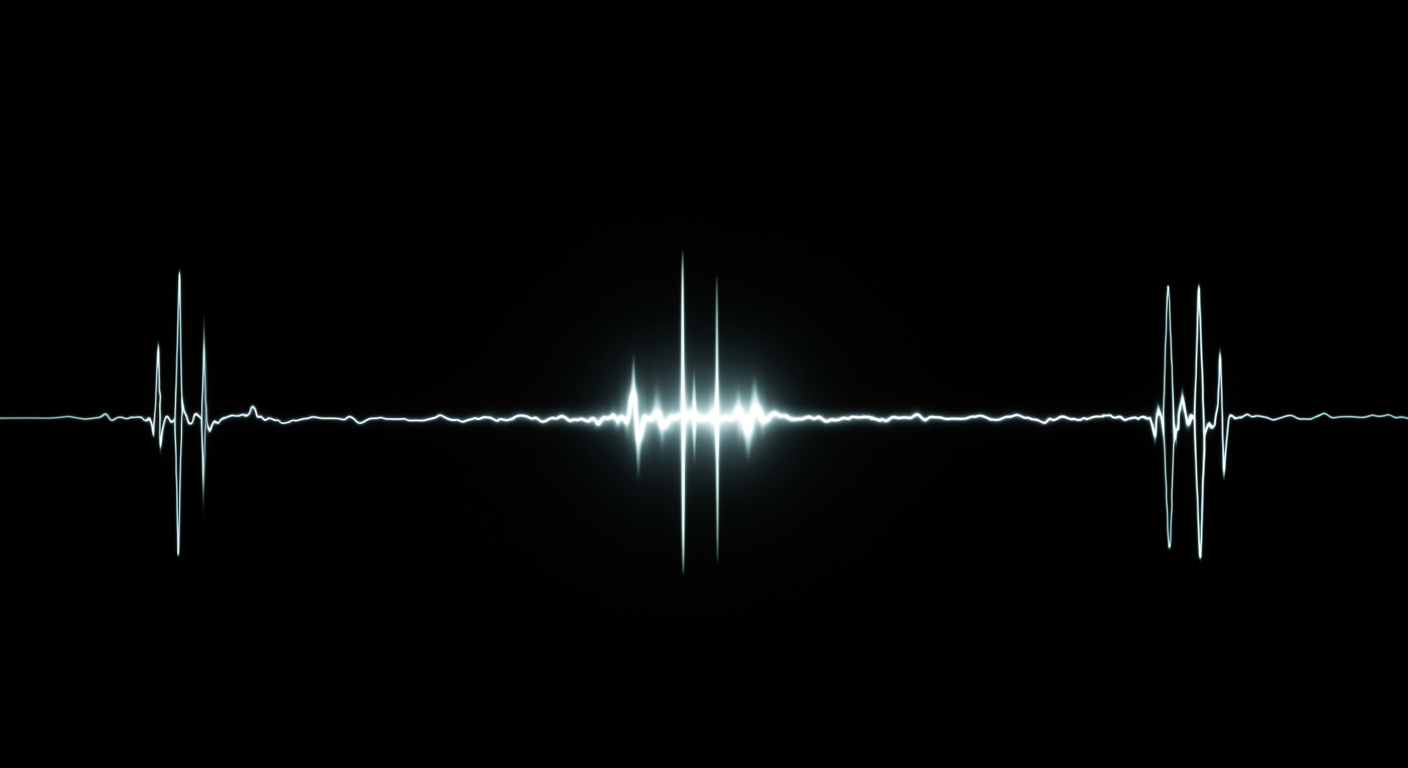Light Timing Matters: How Single Bright Light Pulses Shift Your Circadian Clock
How Does the Timing of Light Exposure Affect Your Circadian Clock?
The timing of bright light exposure determines whether it advances or delays your circadian clock, following a predictable pattern called the phase response curve. Research shows that light exposure in the early morning (roughly 6 AM to noon) advances your circadian rhythm, making you wake up and go to sleep earlier, while light exposure in the evening (roughly 6 PM to midnight) delays your rhythm, making you stay up later and wake up later. Light exposure during the middle of the day has minimal effects on circadian timing, creating a “dead zone” where light doesn’t shift your biological clock.

